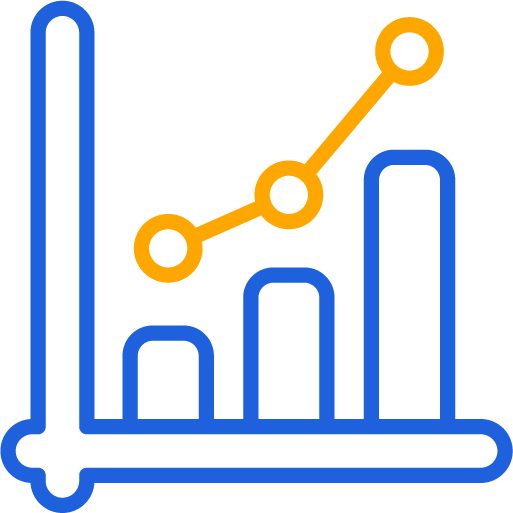Oil prices are falling as traders are worried about oil demand as global economic growth could be stalling and traders are worried about a recession taking place. Is this good time to sell or buy oil?
Broker Review Contents
Crude Oil Price
Crude oil prices have been immensly volatile for the past number of days. Today, we saw the crude price falling over 3% and this triggered concerns among traders if crude oil price will be moving even lower.
After falling $5.37 the previous day on recession worries, U.S. West Texas Intermediate (Crude) oil futures dropped another $2.61, or 2.9%, to $89.03.
Hedge funds and speculators have been shaken by the price fluctuations since the Ukraine crisis started six months ago, leading to reduced trading volume and more price volatility on Tuesday.
Economic Growth And Recession
According to analyst the newest signals of stalling growth include decreasing Chinese industrial activity in August and the slower-than-expected development of the country’s service sector. Investors in stocks are fleeing the market because the Federal Reserve and the European Central Bank are expected to increase interest rates sharply next month, maybe by as much as 0.75 percentage points. The oil industry naturally follows suit, at least temporarily.
New Covid infections, the worst heatwaves in decades, and an ailing property sector all took their toll on output in China’s factories in August, signalling the economy may struggle to maintain pace.
In an effort to contain the spread of the Covid-19 virus, authorities in major cities throughout China, from Shenzhen to Dalian, have instituted lockdowns and commercial closures. This comes at a time when the world’s second-largest economy is showing signs of slowing down.
Oil Supply Data
The market found support from certain optimistic forces. The American Petroleum Institute (API) reported a decrease of 3.4 million barrels in gasoline supplies and a decrease of 1.7 million barrels in distillate stockpiles (which include diesel and jet fuel) for the week ending August 26.
When eight experts were surveyed by Reuters, the average reduction in gasoline stocks was predicted to be 1.2 million barrels. The anticipated decrease in distillate stocks was about 1 million barrels.
When compared to the predicted decrease of 1.5 million barrels, API data revealed a rise of around 593,000 barrels in oil stockpiles.
OPEC’s Potential Oil Supply Cut
Discussions of production curbs among OPEC and its partners (OPEC+) have also helped prop up prices. On September 5th, OPEC+ is scheduled to meet again.
This was bolstered by Russia’s natural gas policies. Along with the escalation of economic tensions between Moscow and Brussels on Wednesday, Gazprom cut off natural gas deliveries via Europe’s main supply route.






















